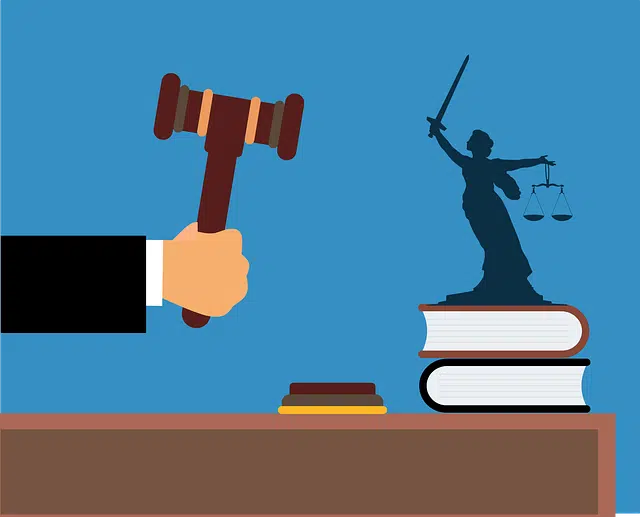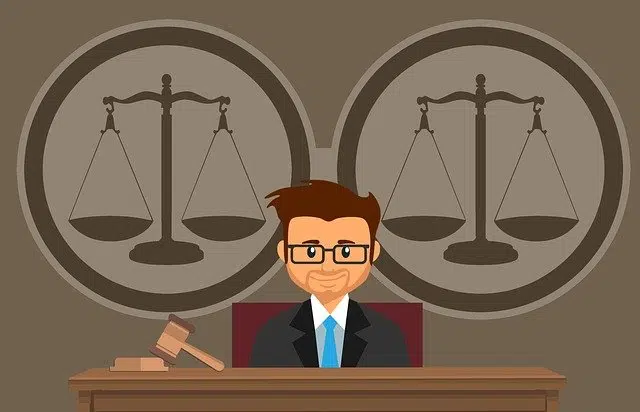
The concept of counterclaim is used in the judicial field.
Counterclaim is the process and result of counterclaiming . This verb refers to punishing a person for something they have done or expressed. In the judicial field, counterclaiming is the action that a defendant takes to respond to the person who initiated a process against him.
The counterclaim, therefore, is what is carried out to counterclaim. This is a lawsuit promoted by someone who, in a previous instance, was sued and who is now acting against the subject who wishes to prosecute him. This new demand is part of the same process .
The subject who promotes the counterclaim not only claims his innocence and requests to be acquitted, but also makes his own requests before the judges. In this way, the parties involved in the litigation sue each other : the originally defendant also becomes the plaintiff and vice versa.
Scope of the counterclaim
The scope of the counterclaim depends on each legislation. It is usually used to prevent trials from multiplying (since it represents an instance of the same process) and to prevent rulings from being issued that are contradictory to claims that are linked.
The counterclaim is filed at the same time as a written response to a claim . The same court in charge of judging the first claim, on the other hand, must have jurisdiction over the counterclaim.
Procedure and effects
Regarding the procedure necessary to sue a counterclaim, the plaintiff (the person against whom it is sued) has fifteen days to file a response. During the first ten, you may present objections and your response may not exceed the limits of the aspects addressed in the counterclaim.
It is important to note that the effects of the counterclaim are independent of the original claim, in the sense that the counterclaim is not directly linked to the eventual dismissal of that first claim. The court , ultimately, must resolve the two claims (the original and the counterclaim).

The judge who rules the first claim has jurisdiction to decide on the counterclaim.
Requirements for a counterclaim to take place
Below are some of the fundamental points so that the counterclaim can be put into practice:
* First of all, the statement of claim (also known as a lawsuit demand ) must bring together a series of factors considered essential for its validity , related to what is claimed, the documentary evidence, the presentation of the events and the petition itself;
* The counterclaim must be deduced in the answer to the claim (the procedural act through which the defendant has the opportunity to allege all his defenses and exceptions in relation to a particular claim), which is as important for the defendant as the demand for the one who makes it;
* It is necessary that the court in charge of the main claim be competent or that it be allowed to carry out the extension of jurisdiction. For his part, the judge must also have jurisdiction based on the subject matter for each claim, without making a distinction between commercial and civil matters;
* The counterclaim must be able to be aired through the same paperwork as the main claim;
* The counterclaim must be based on a direct interest of the person making it against the other party and derive from the same legal relationship with the first claim or be connected to it.
On the other hand, it is important to note that it is not a requirement that the claims of the first claim be ignored or annulled; In other words, the judge can reach a decision for each of the claims, without any of them causing the exclusion of the other.
